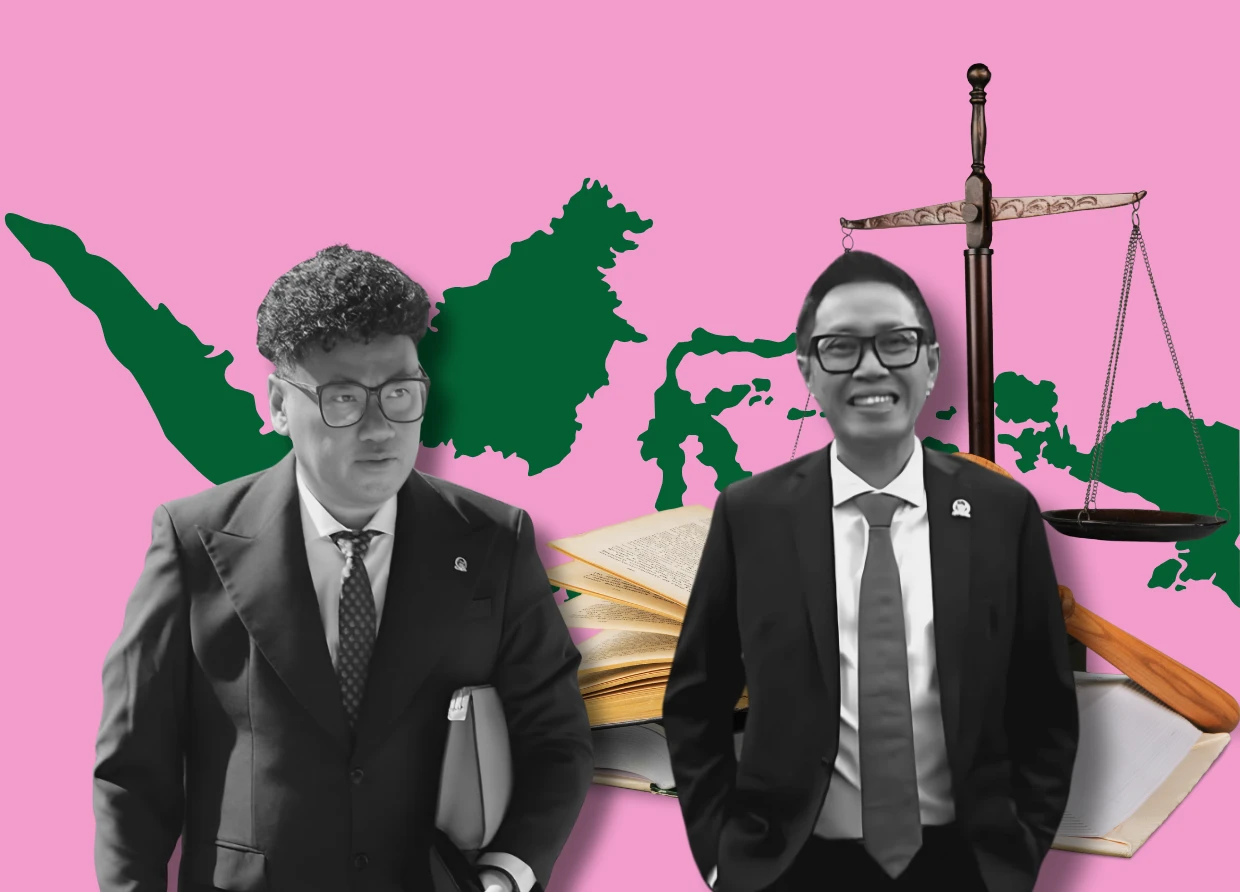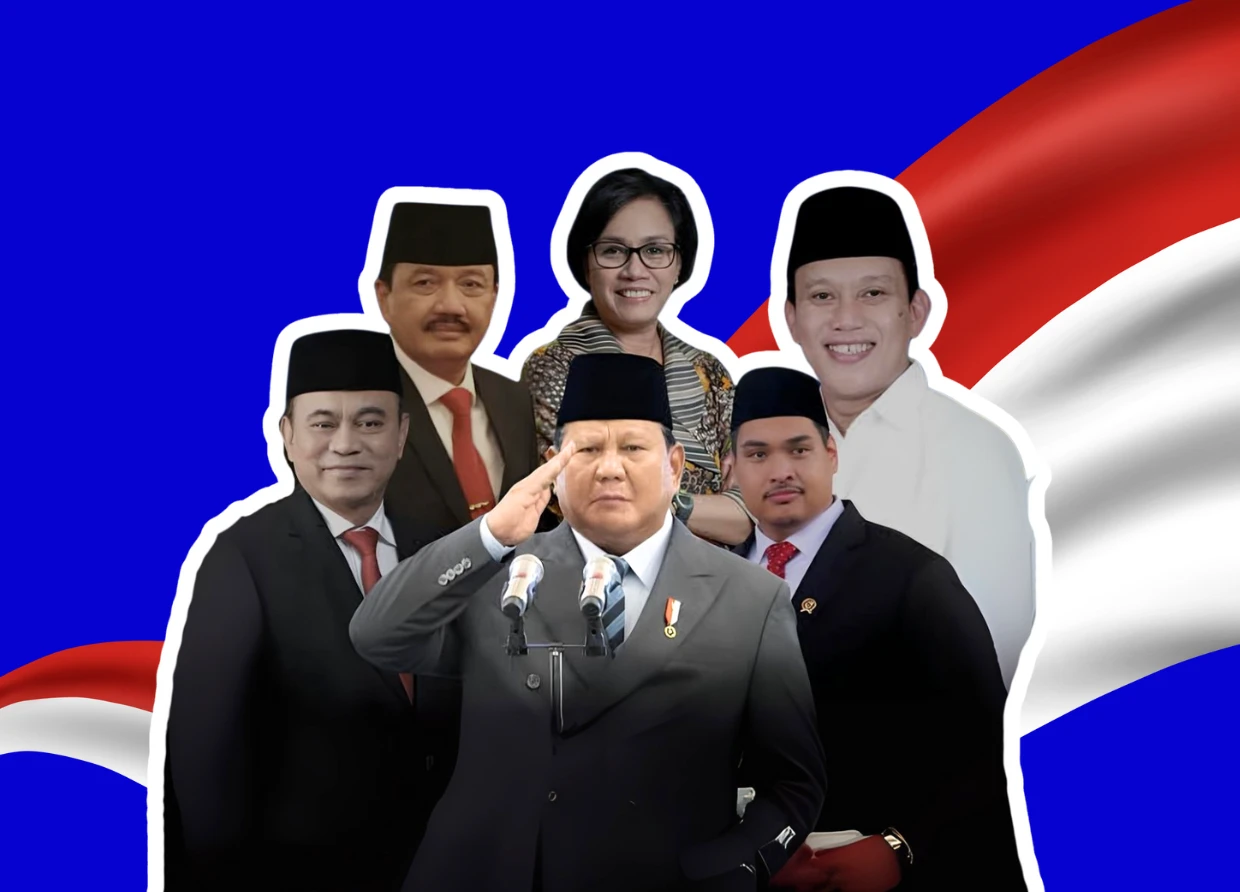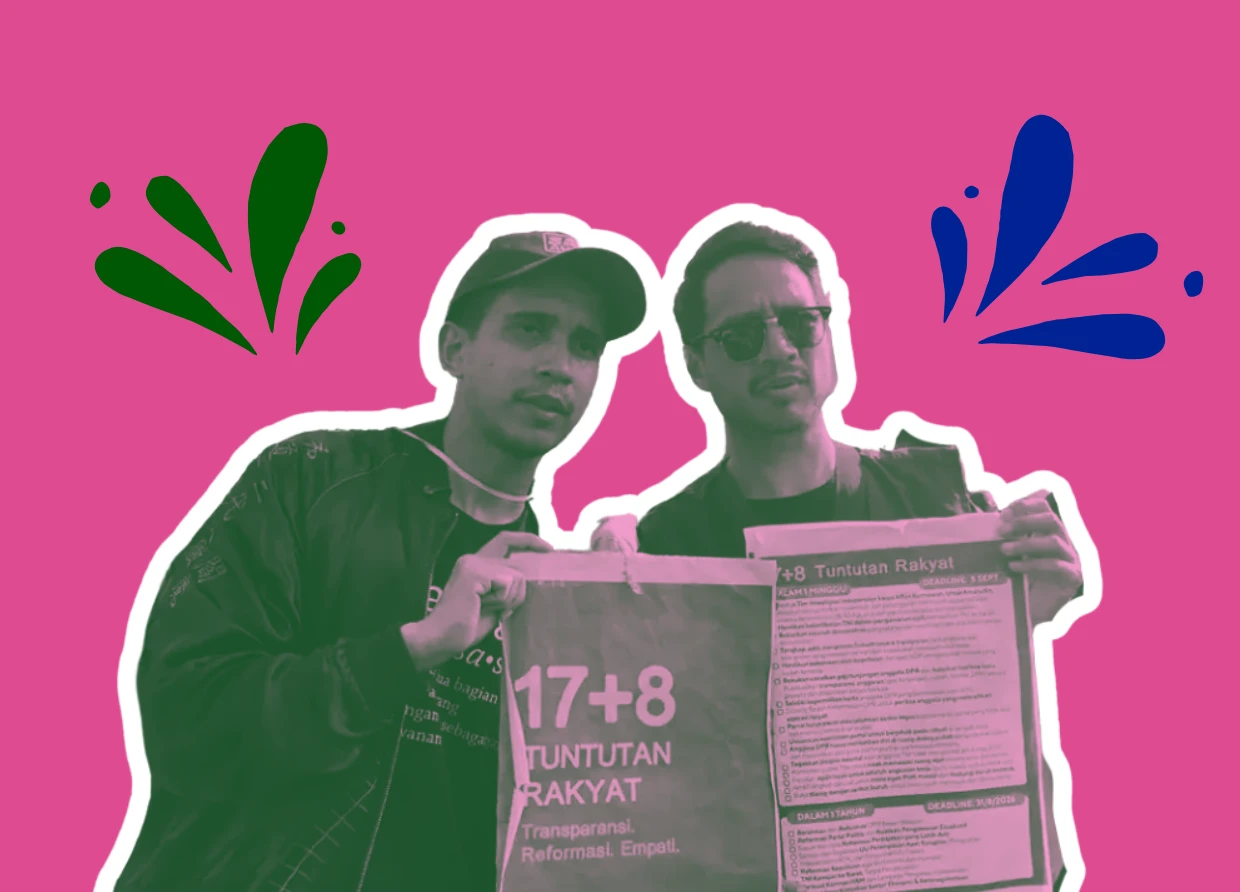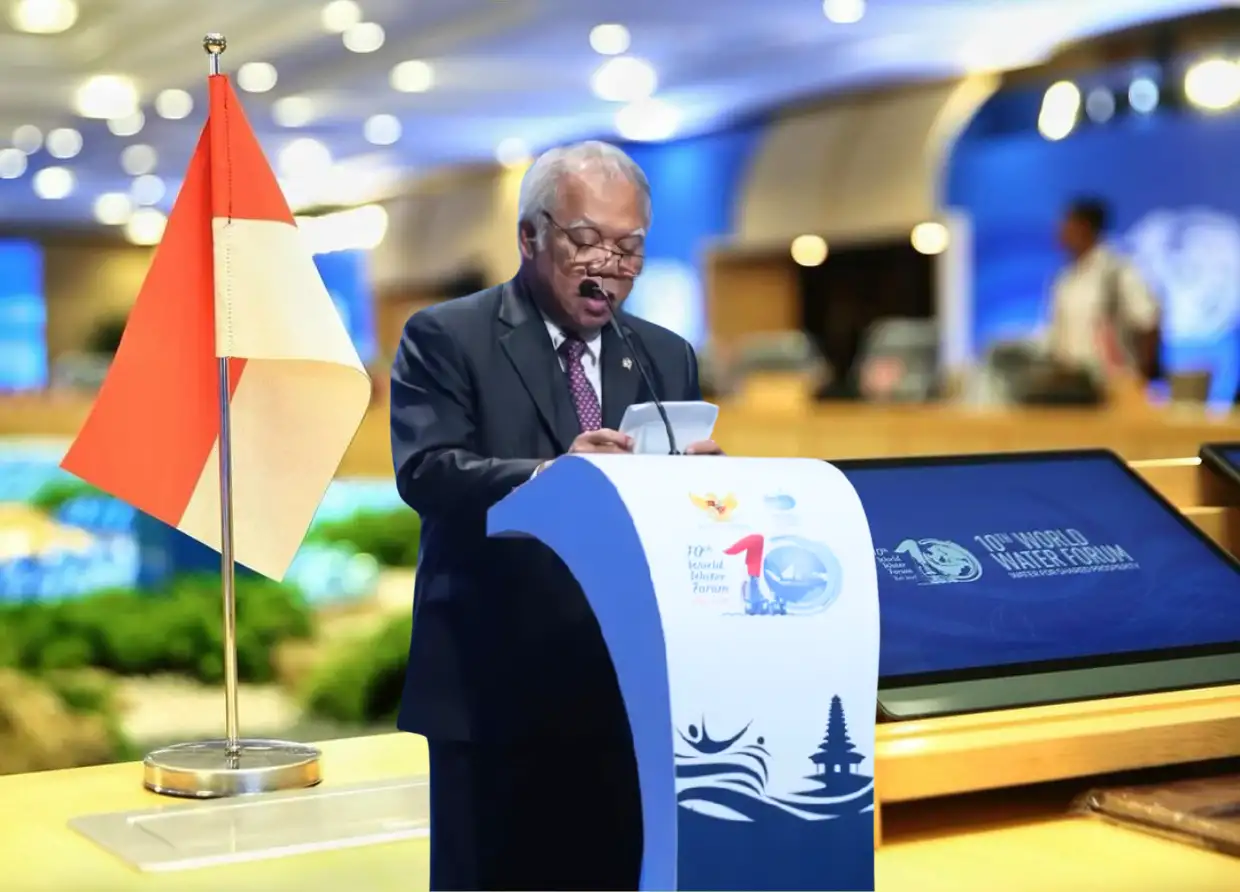NON-ACTIVE DPR MEMBERS? HERE’S WHAT IT REALLY MEANS (AND WHY IT’S NOT IN THE LAW)
Five lawmakers, big headlines, and a term that doesn’t even exist in Indonesia’s Constitution—let’s break down what “non-active” really means for DPR members.

It’s the political buzzword of the week: “non-active DPR members.” Names like Ahmad Sahroni, Nafa Urbach, Uya Kuya, Eko Patrio, and Adies Kadir have been splashed across the news with that label. But here’s the twist—the term “non-active” doesn’t actually exist in Indonesian law.
So, what’s really happening? And do these politicians still get paid? Let’s unpack it.
The Law Doesn’t Say “Non-Active”
Indonesia’s Law No. 17 of 2014 (known as the MD3 Law) regulates DPR, MPR, DPD, and DPRD. But nowhere in its hundreds of articles will you find the term “non-active” for DPR members.
The only similar phrase shows up in Article 144(2)—but that’s about the DPR’s Ethics Council (MKD), not ordinary members. What the law does recognize is something else entirely: temporary dismissal.
Temporary Dismissal = The Real Mechanism
According to Article 244, a DPR member can be suspended if:
- They are a defendant in a criminal case with a minimum 5-year prison sentence.
- They are a defendant in a special criminal case (like corruption).
If found guilty, they’re permanently dismissed. If acquitted, they get their seat—and their reputation—back.
The process isn’t instant. It goes through official letters from DPR leadership, MKD verification, and a DPR plenary meeting before being finalized.
Do They Still Get Paid?
Here’s the part that stings for the public: yes, even suspended members still receive their salaries.
Article 19(4) of DPR’s 2020 Rules of Order confirms it: temporary dismissal doesn’t cut off financial rights.
But there’s a catch. While their paycheck keeps rolling, non-active members reportedly lose their facilities—like travel allowances, official housing budgets, and car loans. To put it in perspective, DPR members normally pocket:
- Rp 5 million per day (regional level I daily allowance)
- Rp 4 million per day (regional level II daily allowance)
- Rp 4 million per day (representation level I)
- Rp 3 million per day (representation level II)
Add to that official housing perks, maintenance budgets, and car credits. So yes, losing facilities still means giving up a lot.
When Dismissal Becomes Permanent
Beyond temporary suspension, there are two bigger steps: interim dismissal and replacement (PAW).
Under Article 239, interim dismissal happens if a member resigns, dies, switches parties, breaks DPR’s code of ethics, or gets a final court sentence of 5 years or more.
After that comes PAW (Pergantian Antarwaktu)—when their seat is filled by the next highest vote-getter from the same party and electoral district. Essentially, one lawmaker is replaced by the runner-up.
So, What’s Really Going On?
When parties say they’ve “non-activated” DPR members, it’s more political language than legal terminology. Officially, the law doesn’t recognize it. But in practice, it signals that these lawmakers are being sidelined—no more access to Parliament activities, and no more fancy perks, though the monthly paycheck stays intact.
For Indonesia’s youth watching from the sidelines, the question isn’t just about the legal jargon. It’s about accountability: should suspended politicians still be on the payroll? That’s a debate bound to keep heating up both in the House and on your timeline.
#THE S MEDIA #Media Milenial #DPR non-active #Indonesian politics #Ahmad Sahroni #Uya Kuya #Nafa Urbach #political accountability #DPR salary #PAW DPR #Indonesian law #youth politics #corruption cases


























